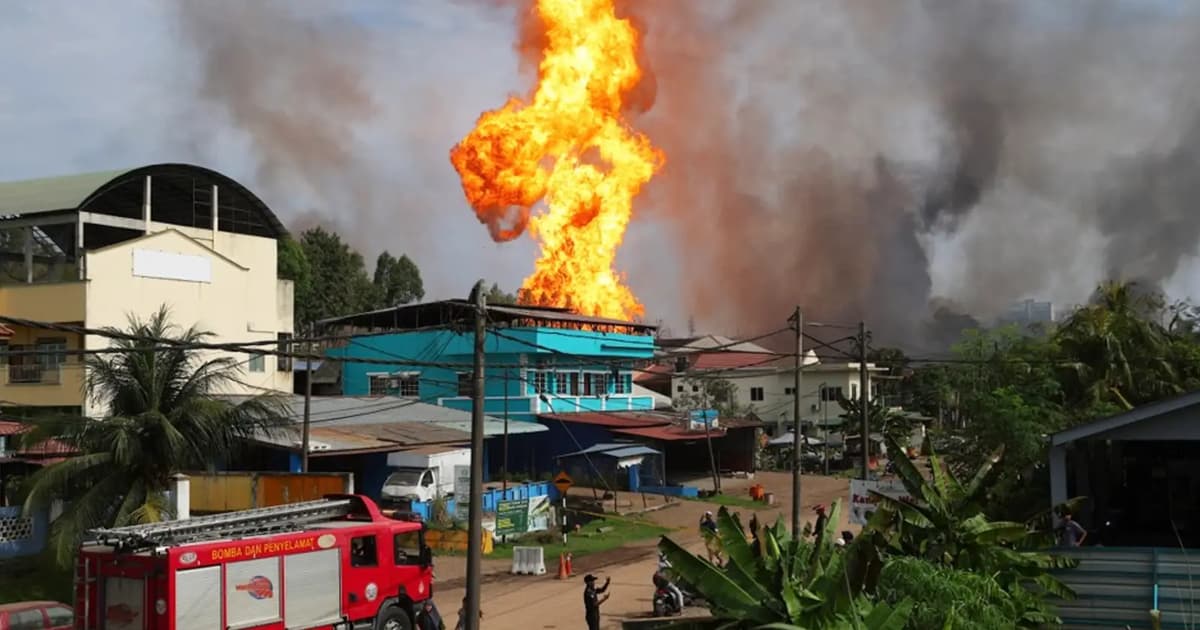
Petronas Gas Bhd is working closely with the economy ministry to introduce new regulations under the Gas Supply Act 1993 (Act 501), the Electricity Supply Act 1990, and other laws to strengthen safety and oversight around its pipeline network.
Its managing director and CEO, Abdul Aziz Othman, said the regulations would give the company more authority over developments surrounding its right-of-way as part of lessons learned from the pipeline leak at Putra Heights in April.
“These regulations will give us more authority over developments surrounding our pipeline corridors and, most importantly, assure communities living nearby.

“The economy ministry called us to give input on enhancing these Acts and to share what we have learned from Putra Heights. What is important is that we learn from this incident,” he told Bernama.
As part of this effort, Petronas Gas is also engaging with state governments to ensure better coordination and oversight, he said, adding that some state governments, including those in Selangor and Negeri Sembilan, have agreed in principle to consider allowing the company to have a seat in their planning committees.
“This will allow us to review proposed projects, assess impacts like water flow and earthworks, and even request conditions or stop-work orders if safety is compromised,” he said.
Petronas Gas operates the Peninsular Gas Utilisation network, a 2,623km high-pressure transmission system that transports gas from entry points in Kertih, Pengerang, Sungai Udang, and Thailand to power plants, petrochemical industries and other users.
Aziz said strengthening regulations is about preventing risks before they occur.
“We want to make sure that people cannot do things as they like around our right-of-way that would put our pipeline or the public at risk,” he said.
The renewed focus follows the Putra Heights pipeline leak, which Selangor menteri besar Amirudin Shari said was caused by soil subsidence that developed over the years, shifting the pipe by nearly 16cm. Laboratory analysis showed signs of fatigue and stress on the structure.
Aziz said incidents such as the Putra Heights pipeline fire were rare, but they highlighted why planning and regulation matter.
“With closer collaboration among operators, regulators and states, we can ensure that critical infrastructure and communities grow side by side, safely,” he said.






